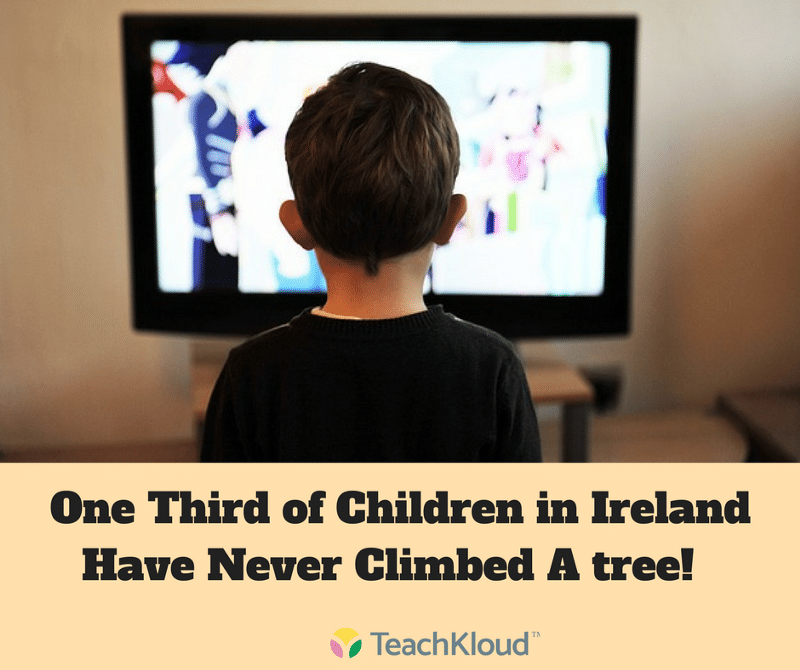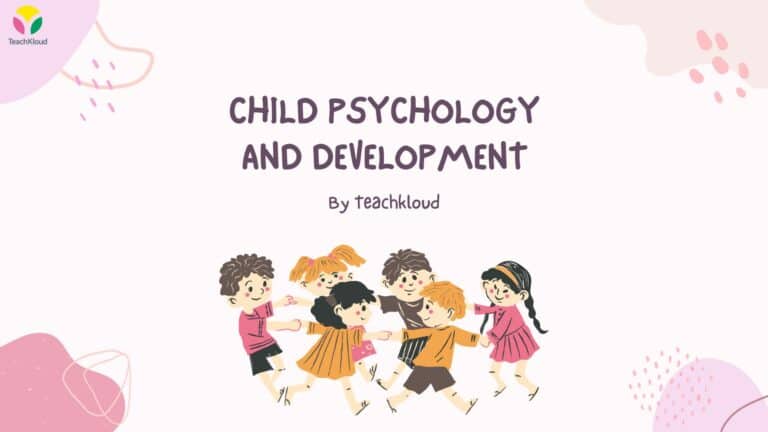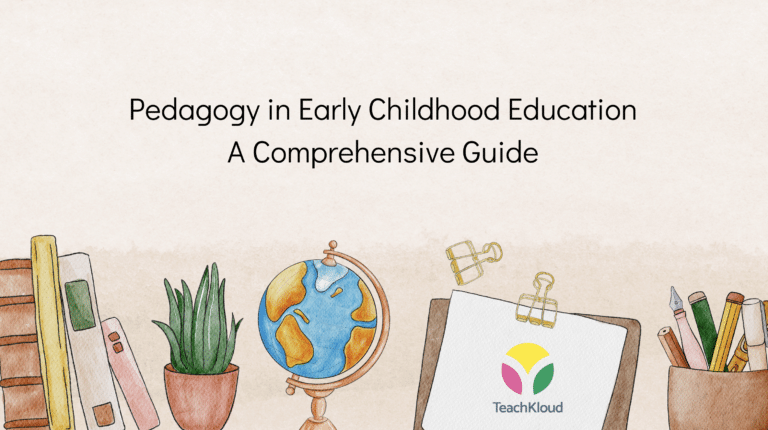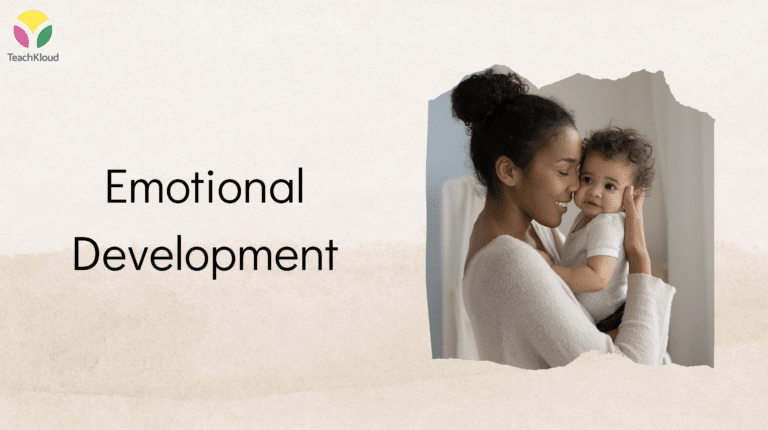One Third of Children in Ireland Have Never Climbed A Tree!
“Can Playing With Fire and Saws Help Kids Manage Risk?”

One third of children in Ireland have never climbed a tree, according to a new survey conducted by ESB of 1,000 participants. Half of children spend more time in front of a screen than outside. 1 in 10 have never even visited a forest or wooded area. In saying this, Ireland has the second smallest forest area in Europe and so this might explain these findings. However, we have lots of beaches and outdoor spaces for children to play.
With findings like these, maybe its time that we remind ourselves of the importance of outdoor play. Many claim to understand the benefits of outdoor play. However, more children are spending time in front of screens than ever. Research shows that they should be outdoors getting scrapes, bruises and learning from their environment! Unfortunately, busy lifestyles, emphasis on academic success and technology have all increased to the lack of play, especially outdoor play in childrens daily lives. As a result of Today’s widespread use of electronic games and toys, cell phones with “apps” that allow them to play at all times and in all places, children today are no longer limited by the traditional constraints of time, and of place (David, 2015).
According to safe food, the recommended amount of physical activity for school aged children is at least 60 minutes per day! Is your child meeting these guidelines? Unfortunately, 4 out 5 Irish children are not. This can have severe effects…
In a study on the effects of reducing outdoor play, two pediatricians found that there has been a sharp rise in the incidence of obesity among children, as well as a noticeable rise in the incidence of depression, even sometimes leading to suicide. They attributed these largely to the shift from outdoor physical play to indoor play (David, 2015). Play is so important to optimal child development that it has been recognized by the United Nations High Commission for Human Rights as a right of every child (Ginsburg, 2007).
Here are some concrete examples of why you need to get children moving…
Physical play reduces obesity among children. Preschool children in Ireland watch an average of over 2 hours of TV a day and 34% of preschool children have a TV in their bedroom! By replacing screen time with active games, you can drastically improve your child’s health. In early years settings, get the children playing even when its raining. On my first day of work experience in a preschool it was torrential outside (or so I thought). I relayed my concerns to another early years educator and she kindly said “that’s what coats are for.” This has been my motto ever since, well regarding outdoor play!
Children develop physical and social skills when they engage in active, outdoor play with their peers
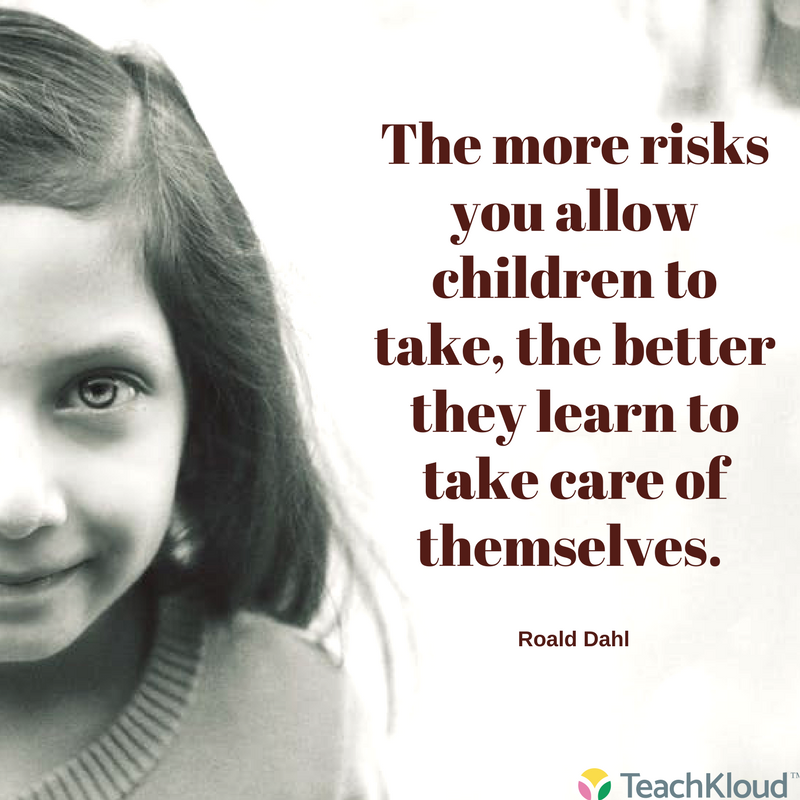
During physical play, children will learn what they can and cannot do. They will learn what is safe and what is not. Children need spaces which challenge them to grow. Naturally, we as educators and parents want to protect our children. Yet, risky outdoor play has many more advantages than disadvantages. Risky play is defined as thrilling and challenging forms of play that involve a risk of physical injury (Sandseter, 2007).
Examples of risky play
- Climbing and Jumping from still or flexible surfaces
- Balancing on high objects
- Hanging/swinging at great heights
- Bicycling at high speed
- Play fighting
- Wrestling
Do all of those examples sound horrifying? Of course the child should always be supervised in an early years setting but risky active play has been found to improve self-confidence and resilience in children. Lastly, to answer your the question I posed at the start of this article… “Can Playing With Fire and Saws Help Kids Manage Risk?” Yes….In a welsh adventure centre, children are doing just that….Watch more below:

